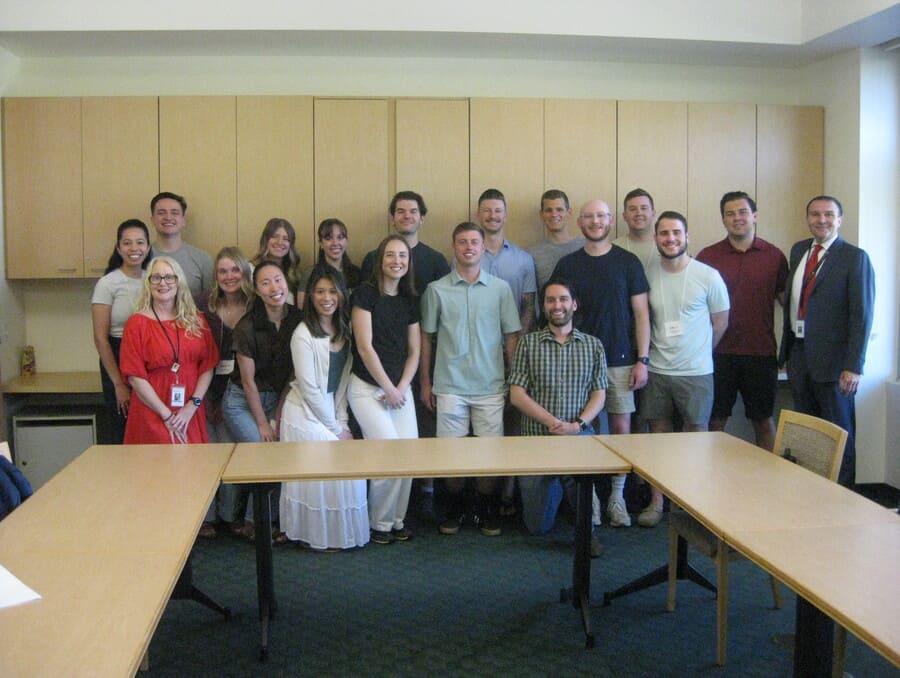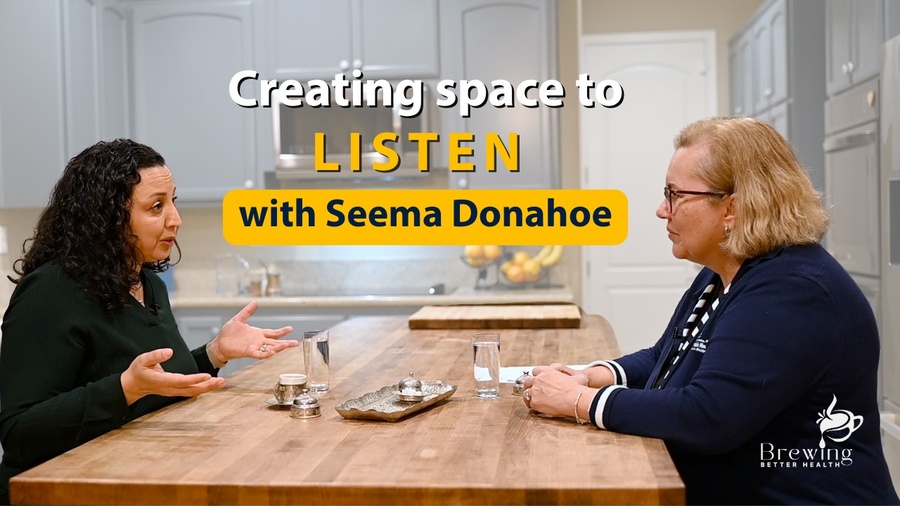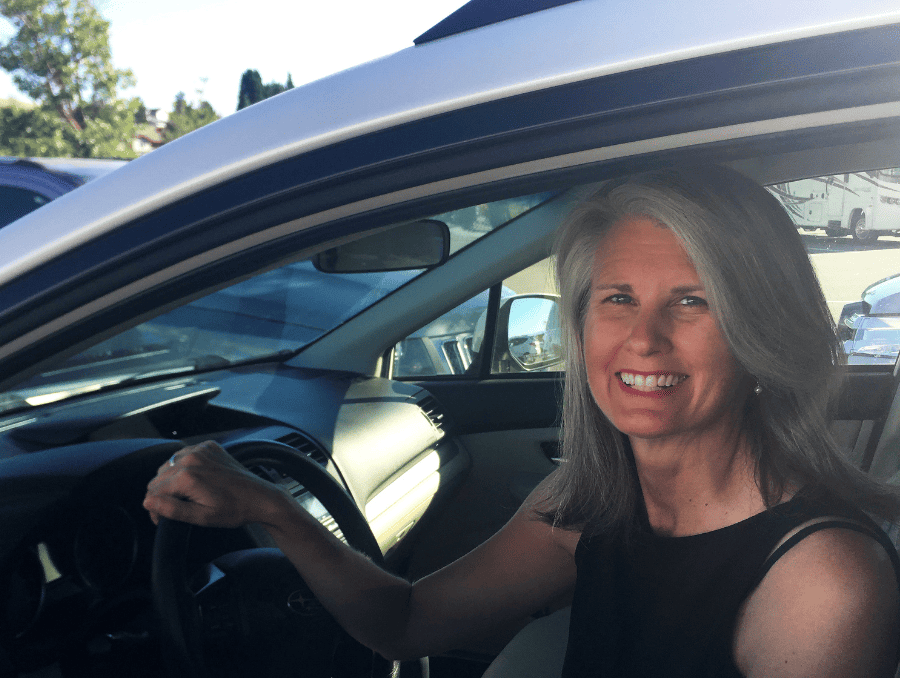Thanks to the continued generosity of the E.L. Wiegand Foundation and in collaboration with the Hazelden Betty Ford Foundation, the University of Nevada, Reno School of Medicine (UNR Med) sent 17 first-year medical students to a week-long immersion experience at the Betty Ford Center in Rancho Mirage, California. The session brought together a large cohort of UNR Med students for a uniquely shared and powerful learning experience focused on the realities of substance use disorders and recovery.
“Before attending Betty Ford, most of my experiences with addiction came from witnessing active addiction, and I often interpreted patients’ actions as conscious choices - especially when it came to drinking,” shared medical student Catherine Ung. “However, through this experience, my perspective shifted dramatically. I came to understand addiction as a disease - one that overtakes not just a person’s physical health, but also their willpower and sense of choice.”
The program marks a continuation of UNR Med’s commitment to immersive medical education, and addresses substance use and behavioral health with depth, empathy and scientific rigor. For over a decade, more than 100 UNR Med students have participated in the program, gaining firsthand insight into the lives of individuals in recovery and the complexity of treating addiction.
“This experience redefined what kind of healer I want to become,” said Ung. “It reminded me that medicine isn’t just about treating symptoms - it’s about meeting people where they are, especially in their most fragile moments.”
At UNR Med, first- and second-year students are given numerous opportunities to learn in clinical settings, a unique aspect of the M.D. program. With an emphasis on innovative and compassionate medical education, student experiences at the Betty Ford Center highlight that the most powerful lessons often come from direct experiences, reflective listening and human connections. For students like Ung, this immersion is more than just a clinical experience; it is a defining moment in their journey to becoming empathetic and patient-centered physicians.
As Ung reflected on her experience, she emphasized, “Betty Ford didn’t just teach me about addiction - it reminded me of the power of presence, and how transformation often begins when someone simply believes you’re worth saving."
Kendal Warnock also reflected on her experience, sharing how it reshaped her perspective as a medical student.
“I was surprised by how much I saw myself in the individuals I spoke with,” she said. “Despite different life experiences, there were many common things - emotions, challenges and hopes - that connected us. That recognition challenged any subconscious assumptions I may have held and highlighted the importance of approaching each patient without judgment.”
She went on to express how the experience will shape her approach to patient care moving forward.
“I hope to carry forward the commitment to see every patient as a whole person,” Warnock emphasized. “I want to be intentional in fostering empathy, trust and respect in all of my clinical interactions. More than anything, I want to create spaces where individuals feel seen, heard and safe enough to be vulnerable, just as the individuals I met made space for me to do the same. Their support and honesty have deeply inspired me, and I will carry that influence with me throughout my career.”
By stepping beyond the classroom and into real-life stories of struggle, resilience and recovery, UNR Med students not only deepen their clinical understanding but also reaffirm the humanistic values at the heart of medicine. As these future doctors move forward in their training, the lessons learned in Rancho Mirage will continue to guide their approach to care - grounded in empathy, strengthened by connection, and committed to meeting every patient with compassion and respect.
















